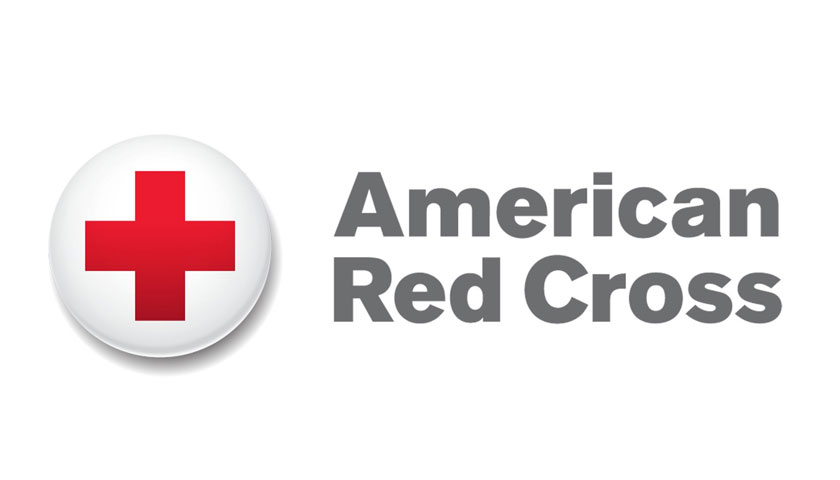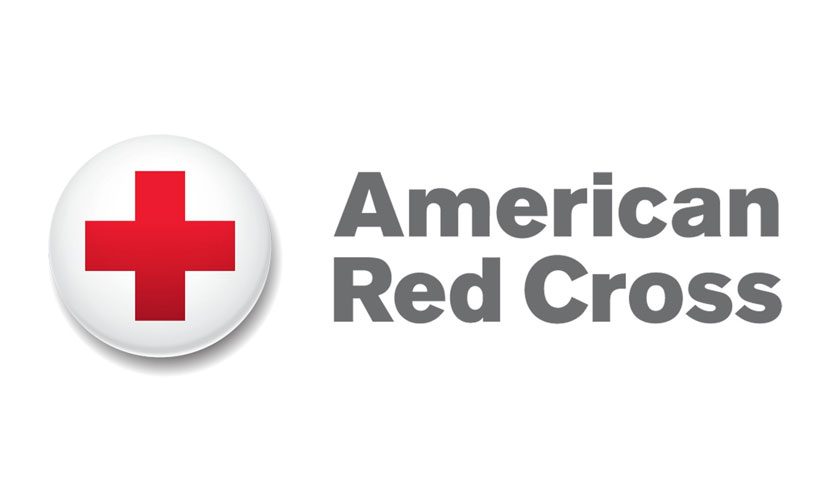The American Red Cross issued an emergency need for eligible individuals of all blood types to give now and help save patient lives following a busy Independence Day week. Currently blood donations are being distributed to hospitals faster than donations are coming in—blood donors are needed to help avoid delays in lifesaving medical care. Schedule your blood donation appointment by visiting RedCrossBlood.org.
Fewer blood donors and blood drives last week have escalated the Red Cross call for all blood and platelet donors to help ensure hospital needs are met. More than 450 fewer blood drives were held than during a typical week the week of July 4 which may have led to as many as 17,000 fewer blood donations. AAA reported that nearly 49 million Americans—the highest recorded number—took trips would take trips to celebrate the Independence Day holiday, potentially making donors less available to give during the busy holiday week.
“Blood transfusions are one of the most common hospital procedures and blood donors play a critical role in ensuring there are enough products on the shelves to help patients in need,” said Dr. Pampee Young, chief medical officer, American Red Cross. “Each day, kids battling cancer, accident victims being raced to the emergency room and mothers experiencing complicated childbirths rely on lifesaving blood. We need the public’s help today to ensure we have enough blood to meet these dire needs.”
Donating blood: the most important thing you’ll do on vacation
Every two seconds, someone needs blood and every 30 seconds, someone needs platelets in the U.S. This is why Barbara, a dedicated blood and platelet donor, from Chelmsford, MA is committed to giving no matter where she is in the U.S. Since retiring from her career, she has traveled to numerous states to visit family and friends but she always makes time to donate. To date, she has successfully donated platelets in St. Cloud, Minn., Orem, Utah, Mobile, Ala. and Nashville, Tenn. in addition to giving at her home blood donor center in Dansford, Mass.
“I became a blood donor because it’s important, I’m able to do it and people need it, said Barbara. “I do it because I can.”
The Red Cross has added about 8,000 additional appointments at blood donation centers and community blood drives across the country over the next few weeks to accommodate more donors. Eligible individuals can find a blood drive near them this summer by using the free Red Cross Blood Donor App, visiting RedCrossBlood.org or calling 1-800-REDCROSS (1-800-733-2767). Individuals can also open the Red Cross Blood skill on an Alexa-enabled device with a selection of prompts such as, “Alexa, open Red Cross Blood Skill” and ask, for example, “Alexa, find a blood drive.”
Continuing the #MissingTypes momentum
In June, the Red Cross launched the Missing Types campaign to encourage donors – especially new donors and those who have not donated in the past years – to give blood or platelets during the challenging summer months. Through the campaign, the letters A, B and O – letters that make up the main blood groups – disappeared from popular brands to symbolize what happens when blood goes missing from hospital shelves during blood shortages.
Despite an encouraging response to the campaign, blood donations still fell short of expectations in June, resulting in about 24,000 fewer donations than needed. The Red Cross aims to have a five-day supply of blood on hand to meet the needs of patients every day and to be prepared for emergencies that require significant volumes of blood. The summer season is traditionally a difficult time to collect enough blood to meet patient needs as high schools and college blood drives account for as much as 20 percent of donations during the school year.
All donors needed – especially type O blood donors
All blood types are needed to help ensure a sufficient blood supply is available for patients – especially type O negative and positive donors.
- Type O negative is the universal blood type and what emergency room personnel reach for when there is no time to determine the blood type of patients in the most serious situations.
- Type O positive is the most common blood type and can be transfused to Rh-positive patients of any blood type.
Eligible donors with types O negative and positive are urged to make a Power Red donation, where available. Power Red donors give a concentrated dose of red blood cells during a single donation, allowing them to maximize their impact.
Individuals who are 17 years of age in most states (16 with parental consent where allowed by state law), weigh at least 110 pounds and are in generally good health may be eligible to donate blood. High school students and other donors 18 years of age and younger also have to meet certain height and weight requirements.
The Red Cross encourages individuals to make a donation appointment and to complete a RapidPass® online health history questionnaire to help speed up the donation process. RapidPass® can now be completed on mobile devices and through the Red Cross Blood Donor App.



